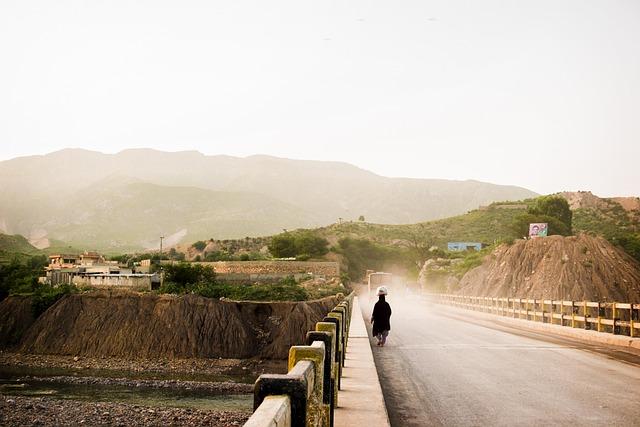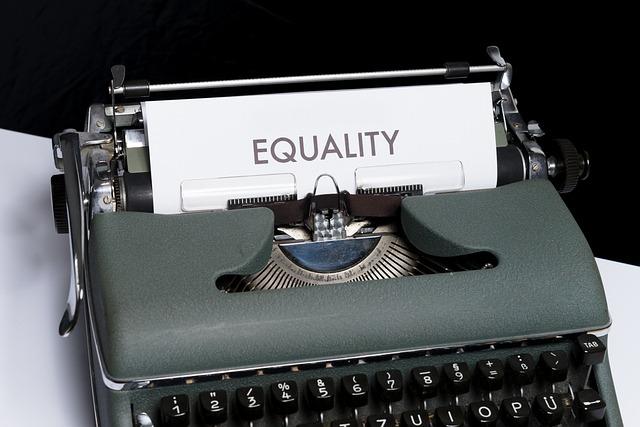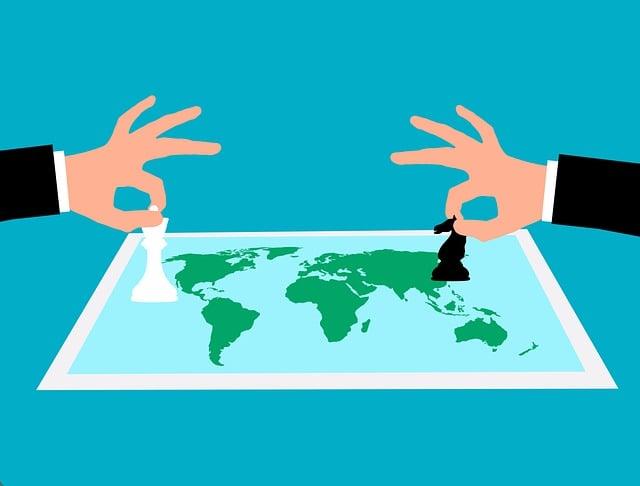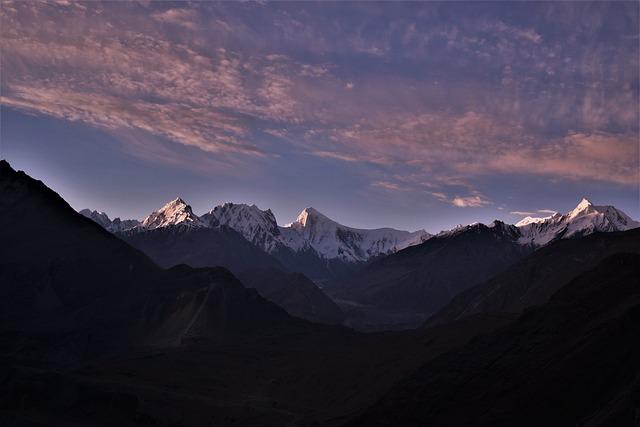In an increasingly interconnected world, where geopolitical currents shift with remarkable speed, Pakistan stands at a pivotal crossroads that influences regional stability and global diplomacy. Nestled between giants, its unique position has long been a focal point for international observers, policymakers, and scholars alike. From its complex relationships with neighboring India and China to its partnerships with western powers and engagement in broader multilateral forums, Pakistan’s strategic role has evolved dramatically over the years. This article delves into the intricate tapestry of Pakistan’s diplomatic endeavors, exploring how its historical legacy, geographic significance, and contemporary challenges converge to shape not only its own future but also the dynamics of global diplomacy. As we journey through its multifaceted engagement on the world stage, we uncover the nuanced interplay between national interests and international commitments that defines Pakistan’s role in a rapidly changing global landscape.
Exploring Pakistans Geographic Advantage in International Relations
Pakistan’s geographic position serves as a pivotal junction connecting South Asia to the Middle East and Central Asia. This strategic location not only facilitates trade routes such as the China-Pakistan Economic Corridor (CPEC) but also enhances Islamabad’s role in fostering regional cooperation. As both a key player in the South Asian Association for Regional Cooperation (SAARC) and a vital member of the Shanghai Cooperation Organization (SCO), Pakistan bridges various economic and political interests, enabling it to mediate diplomatic ties among nations. The country utilizes its geographical advantages to promote initiatives that deepen bilateral relations and regional stability.
Moreover, Islamabad’s access to the Arabian Sea provides it with a significant maritime advantage, promoting enhanced connectivity with multiple international markets. This is highlighted through the Gwadar Port, which has the potential to become a central hub for international trade. The implications of such strategic advantages extend beyond mere logistics; they are integral in shaping diplomatic dialogues. By hosting international summits and fostering partnerships with global powers, Pakistan positions itself as a key influencer in shaping a collaborative approach to issues like counter-terrorism, climate change, and economic development across its borders.
| Strategic Advantage | Description |
|---|---|
| Geographical Location | Acts as a bridge between South Asia, the Middle East, and Central Asia. |
| Trade Routes | Facilitates key trade initiatives like CPEC, enhancing economic ties. |
| Maritime Access | Provides strategic access to the Arabian Sea for international trade. |
| International Summits | Hosts forums that strengthen diplomatic relations and regional cooperation. |

Navigating Regional Challenges and Opportunities for Diplomacy
As Pakistan navigates the intricate landscape of regional challenges, its role in fostering diplomacy is increasingly pivotal. The nation stands at a crossroads, where it must leverage its geographical and strategic position to engage with neighboring countries and larger global entities. Pakistan’s relationships with both China and India are particularly significant, as they affect regional stability and cooperative efforts in areas such as trade, security, and climate change. By participating in multilateral forums and bilateral negotiations, Pakistan can champion its interests while also promoting peace and cooperation across South Asia and beyond.
Moreover, Pakistan’s involvement in international initiatives such as the China-Pakistan Economic Corridor (CPEC) enriches its diplomatic stature. By pursuing economic partnerships, Pakistan creates opportunities not only for bilateral trade but also for cultural exchange and collaborative development projects. This strategic engagement is vital for addressing challenges such as terrorism, energy shortages, and economic instability. The following table illustrates key opportunities for Pakistan to enhance its diplomatic efforts:
| Opportunity | Description | Potential Partners |
|---|---|---|
| Trade Agreements | Enhancing regional trade through agreements. | China, India, Iran |
| Security Collaboration | Joint efforts against terrorism and organized crime. | Afghanistan, USA, Saudi Arabia |
| Cultural Diplomacy | Promoting cultural exchanges to build soft power. | Turkey, UAE, Bangladesh |

Leveraging Economic Partnerships to Enhance Global Standing
In an increasingly interconnected world, the ability to forge strong economic partnerships is imperative for nations seeking to bolster their influence on the global stage. For Pakistan, leveraging such alliances not only enhances its economic stability but also cultivates diplomatic goodwill with key players around the globe. By engaging in strategic collaborations, Pakistan can open trade routes, create job opportunities, and stimulate investment, which are all critical components for driving national development. Some potential avenues for bolstering these partnerships include:
- Participating in regional trade agreements that enhance access to markets.
- Building infrastructure through foreign direct investment, particularly in energy and transportation.
- Cultivating relationships with emerging economies while strengthening ties with established powers.
Furthermore, Pakistan’s participation in international organizations and platforms offers a unique opportunity to showcase its economic potential to a broader audience. By playing a proactive role in forums such as the Organization of Islamic Cooperation (OIC) and the South Asian Association for Regional Cooperation (SAARC), Pakistan can advocate for collective economic initiatives that provide mutual benefits. The table below outlines key partners and their respective contributions to Pakistan’s economic landscape:
| Partner Country | Contribution Type | Areas of Collaboration |
|---|---|---|
| China | Investment | Infrastructure, Technology |
| United States | Trade | Agriculture, Textiles |
| Saudi Arabia | Financial Aid | Energy, Development |
| Turkey | Strategic Partnership | Defense, Tourism |

Fostering Cultural Diplomacy as a Tool for Soft Power Initiatives
Cultural diplomacy emerges as a vital instrument in elevating Pakistan’s prominence on the global stage. By leveraging its rich cultural heritage, diversity, and artistic expressions, Pakistan can forge stronger relationships with other nations. Key areas where cultural diplomacy can be effectively implemented include:
- Cultural Exchanges: Programs that facilitate interaction between artists, scholars, and performers from Pakistan and other countries to promote understanding and mutual respect.
- Art and Music Festivals: Hosting international events that showcase Pakistani art, music, and cuisine, thereby attracting attention and fostering goodwill.
- Educational Collaborations: Initiatives to create academic partnerships and scholarships that enhance knowledge-sharing and people-to-people connections.
To augment its soft power initiatives, Pakistan can focus on strategic storytelling that encapsulates its unique narratives and heritage. By utilizing digital platforms and social media, the nation can present a refreshed image that goes beyond stereotypes, inviting global audiences to explore its rich history and contemporary achievements. Important elements of this approach involve:
| Element | Description |
|---|---|
| Documentaries | Producing and distributing engaging documentaries highlighting Pakistan’s cultural richness and historical significance. |
| Influencer Collaborations | Partnering with global influencers to share authentic experiences of Pakistan’s culture and lifestyle. |
| Virtual Tours | Offering immersive virtual experiences that allow people worldwide to explore Pakistan’s heritage sites and landscapes. |
Wrapping Up
In an ever-evolving global landscape, Pakistan emerges as a pivotal player in the realm of diplomacy, balancing regional aspirations with international commitments. As we have explored, its strategic position, vast network of alliances, and proactive engagement in peace processes highlight its potential to influence global affairs significantly.
Moving forward, the world watches closely as Pakistan navigates the complexities of its geopolitical relationships and seeks to redefine its role on the international stage. The delicate dance of diplomacy will undoubtedly continue, shaped by both internal dynamics and external pressures.
As nations strive for stability and cooperation in an era marked by uncertainty, Pakistan’s strategic choices will resonate beyond its borders. For scholars and policymakers alike, these developments serve as a reminder that the intricacies of global diplomacy are often woven into the actions of countries like Pakistan, where history, geography, and ambition converge to shape the future.
In the grand narrative of international relations, the chapters involving Pakistan will serve as influential touchstones, guiding discussions, decisions, and collaborative efforts. Whether it emerges as a facilitator of peace or a challenger of norms, one thing remains clear: Pakistan’s role in shaping the tapestry of global diplomacy will continue to evolve, urging us to pay close attention to its next steps in this intricate geopolitical ballet.



